- Book sculpture-The Thinker- by Daniel Lai
A study by researchers at Toronto University has concluded that reading literary fiction can make us better thinkers — more able to handle uncertainty, ambiguity, open-ended situations and questions; all of which in turn actually makes us not only more creative as thinkers, but also more rational.
For the more uncomfortable we are with uncertainty — the more we desire things to be black and white and desire ‘cognitive closure’ — the more likely we are to rush to a conclusion without assessing all the available information. Furthermore, the more likely we are to stick with that conclusion, and resist alternative views even in the face of new information.
The amazing thing is that these results were demonstrated — to a degree of statistical significance — even after reading just one short story. Although the effect was more pronounced for those who were habitual readers of literary fiction.
Their study also suggests that reading literary fiction has the ability to help develop empathy, an important social trait.
Head / heart,
reason / emotion,
thinking / feeling,
intellect / creativity
— not so opposite after all.
You can read the original studies here: 
Opening the Closed Mind: The Effect of Exposure to Literature on the Need for Closure; Djikic, M., Oatley, K., Moldoveanu, M. C.; Creativity Research Journal; Issue: 25(2); 2013; Pages: 149-154
Reading Other Minds: Effects of Literature on Empathy; Djikic, M., Oatley, K., & Moldoveanu, M. C.; The Scientific Study of Literature; Issue: 3(1); 2013; Pages: 28-47
For more about uncertainty as a productive state, check out Pema Chodron‘s Zen classic, Comfortable with Uncertainty.
* the wonderful book sculptures illustrating this post are by Daniel Lai, and you can see more of his work and purchase his sculptures here.
What do you think? Should we be increasing funding for the creation of literary fiction and making more room for reading it in schools?

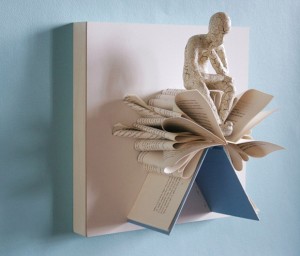
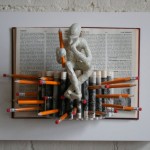
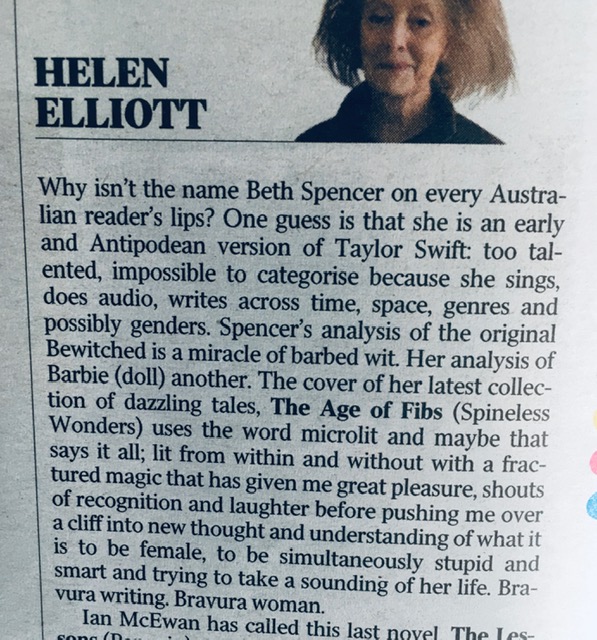
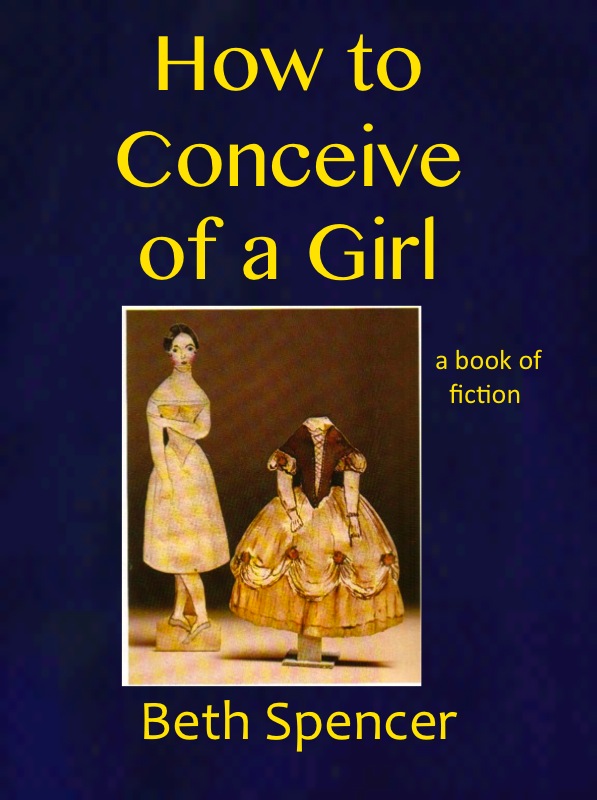
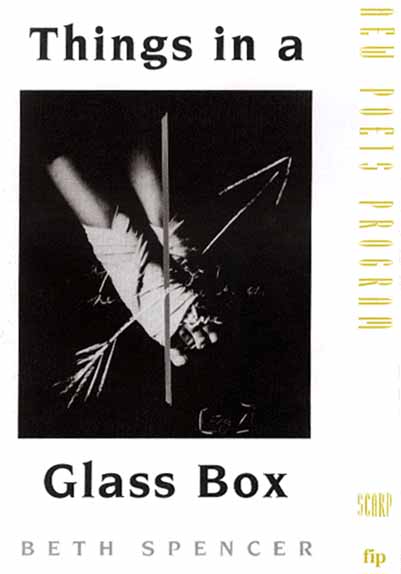

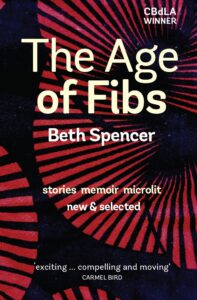
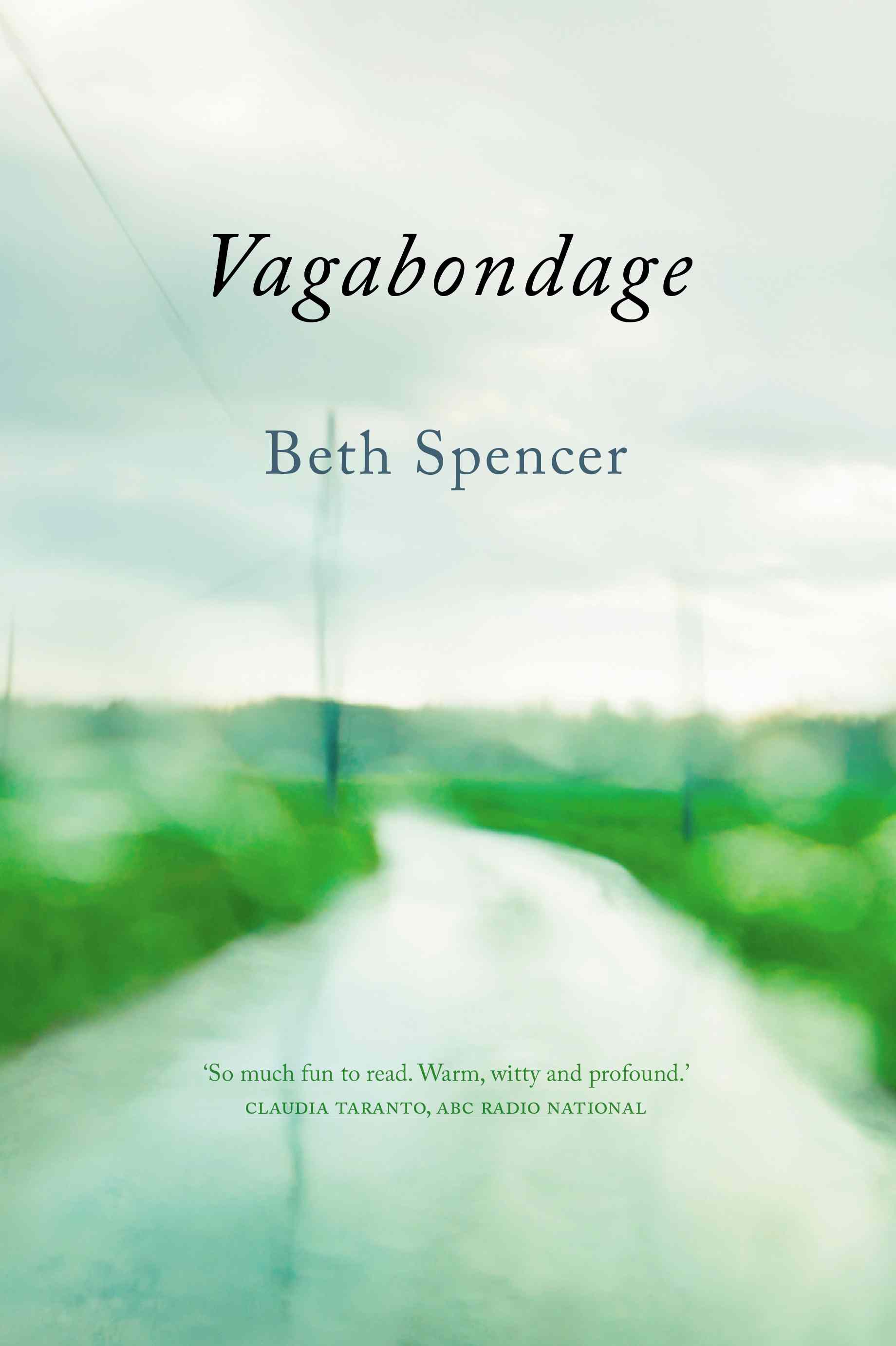
![[The Party of Life, cover]](http://bethspencer.com/blog/wp-content/uploads/2012/11/sm-edged-front-cover-Party-of-life-227x300.jpg)

